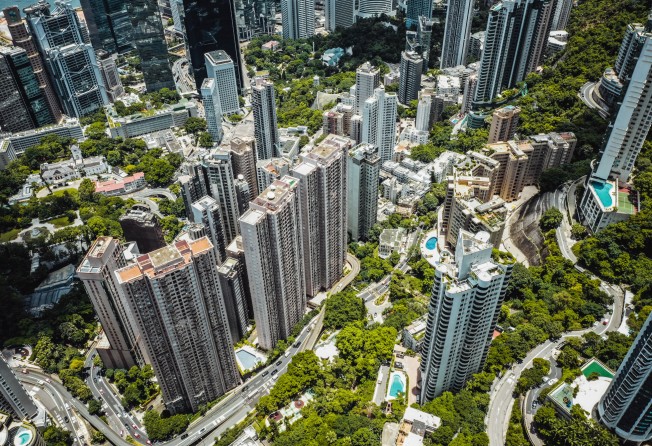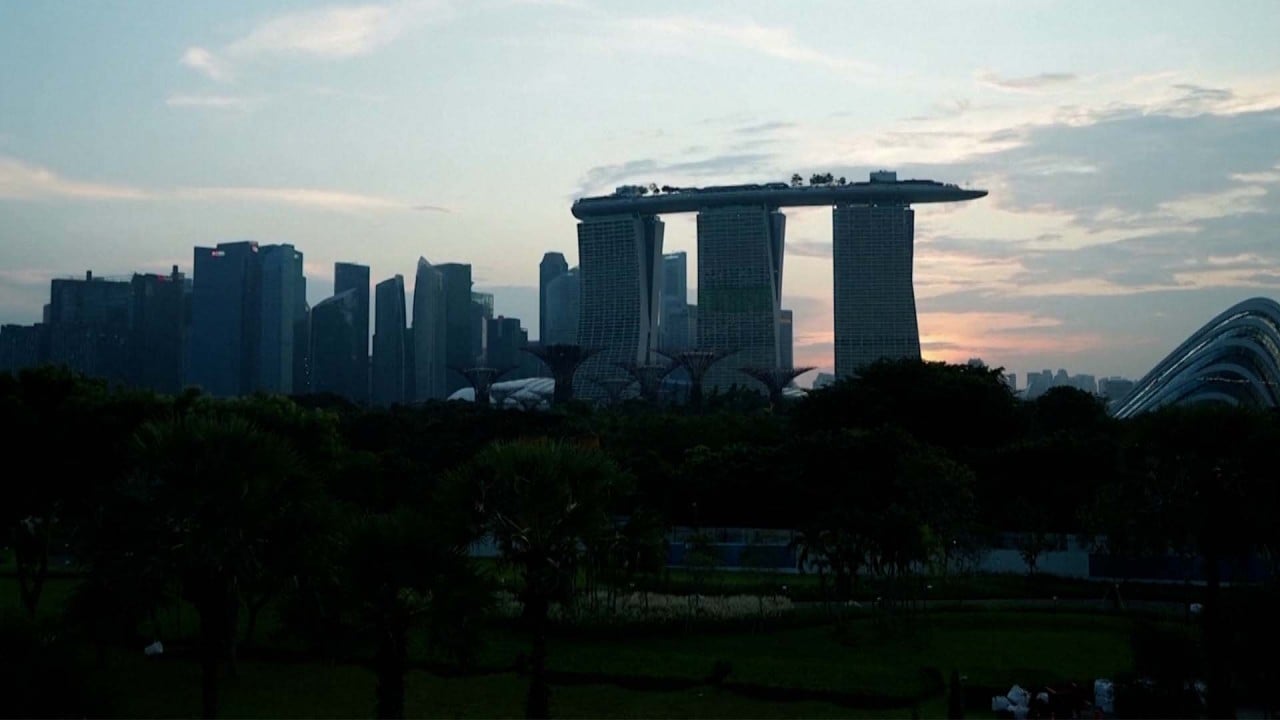
Hong Kong’s talent hunt is giving its property market a needed boost
- Signs of an influx of returning professionals and newcomers under the recently launched talent scheme provide optimism that the city’s economy, while not fully recovered, is on the way to recovery

There is much worried chatter in the corporate world lately, and the community in general, that Hong Kong’s glory days as a finance and tourism hub and a major business centre were over. The Covid-19 pandemic and subsequent border closure effectively exiled the city from the rest of the world, and sectors all across the economy suffered dramatic, sometimes catastrophic losses.
But as soon as the mainland border reopened in February, the light at the end of the tunnel immediately got that much brighter. As the saying goes, reports of Hong Kong’s demise have been greatly exaggerated.
Total tourist arrivals have crept up to more than 10 million for January to May, according to the Hong Kong Tourism Board. Leisure visitor numbers are rising, retail sales and hospitality demand have both received a major boost and meetings, incentives, conventions and exhibition events are on the rise.
On top of that, the influx of professionals and graduates under the recently launched Top Talent Pass Scheme has been a boon to the leasing market. Under the scheme, those who earn HK$2.5 million (US$319,000) or more annually or have graduated from one of the world’s top 100 universities with at least three years of work experience are eligible for a two-year working visa.
At least 15,000 applications had been approved as of April 18, according to government figures. While the overwhelming majority of applicants have come from the mainland, the numbers from other parts of the world are expected to climb, especially after the Labour and Welfare Bureau expanded the talent fields list in May to include the creative industries, construction, environmental technology and more.
Meanwhile, anecdotal evidence suggests professionals are starting to return. Rents on small- and medium-sized mass market flats are holding fairly steady, though at the luxury end rents have been climbing since January.
Our own data suggests the same thing. About 70 per cent of leasing enquiries and transactions in the first half of this year came from expatriates, 20 per cent came from Hongkongers and just 10 per cent from mainland Chinese, with 70 per cent of all those coming from families. It is no surprise that the strongest demand is for properties in the Mid-Levels and the Southside, where many blocks of flats are fully occupied or boast low vacancy rates.

Despite the positive direction and seemingly improved sentiment, challenges do remain. Ten million visitors sounds great, but that figure is about 40 per cent below the same period between 2017 and 2019. Regional competition, a shaky global economy, volatile exchange rates and airline capacities are having a negative effect on tourism here and many other places.
While leasing numbers are strong, thanks to the open border and the immigration scheme, the sales market across the board is likely to be rocky for the rest of 2023.
High interest rates and costs for funds are making institutional investors cautious, and those same rates are weighing on the residential sector. The mass market got a hand from travel restrictions being dropped, but developers launching new projects have been compelled to offer significant discounts to offset rising financing costs. Those factors buoyed the sector to a 120 per cent bump over the year before, but the secondary market only experienced a 19 per cent rise, in addition to sales generally coming in below market value.
The luxury sector has proved fairly resilient, but outside the HK$100 million to HK$200 million bracket, the sector is clearly awaiting the much-needed return of high-net-worth mainland buyers. Hong Kong’s market is recovering but not yet fully recovered.
Chances are we won’t know just how far out of the woods Hong Kong residential property is for several weeks. Summer is second only to Lunar New Year as the least active time of the year, with most luxury buyers out of town on holiday. Leasing will remain the beating heart of the market for the foreseeable future as new arrivals opt to rent until they get a better lay of the land.
There is reason for optimism. Policymakers are promoting Hong Kong as the place to be in Asia, while rents, prices and stamp duties in Singapore are skyrocketing. Moreover, Hong Kong is a cornerstone of the Greater Bay Area. The city isn’t off life support just yet, but it seems to have drifted away from critical condition.
Victoria Allan is the founder and managing director of real estate agency Habitat Property
